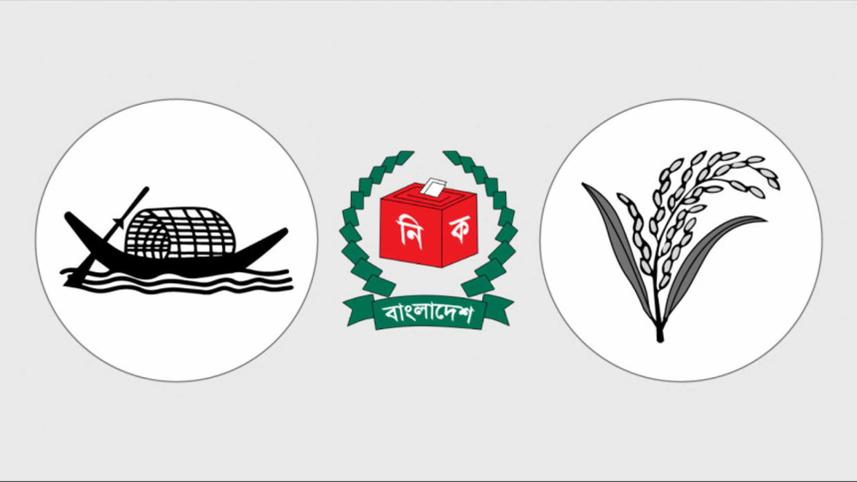Getting BNP to join the polls

The prime minister has made a very significant remark, as reported in this newspaper, regarding the ruling party taking initiatives to get the BNP to participate in the forthcoming elections. She said, criticising some of her party members, that those who were not confident themselves of winning the polls did not want the BNP to join the elections. This is a million-dollar statement, given the fact that, over the last 10 years, particularly during the election time, we saw every ploy being used to make sure that the BNP did not, or could not, participate in the JS elections. And given the incredibly impolitic nature of its raw leadership, the BNP fell hook, line, and sinker for this strategy.
We have always stressed that boycotting elections is not a politically wise step. Needless to say, the BNP also rues boycotting the elections. Admittedly, BNP has had to encounter encumbrances in carrying out its political activities, but that is no reason to deprive its supporters from exercising their franchise.
We take note of the PM's remarks, but believe that it is not for the ruling party to persuade its political opponent to participate in the polls. However, as the party running the administration, it is the AL's bounden duty to ensure that the playing field is level and that all candidates are able to conduct their political activities without any hindrance. It has been evident that, for the BNP—and for all shades of opposition—the space for organising rallies, criticising government policies, and exercising the right to differ, has become constricted.
The only way that a participatory election can be held, and a free and fair poll can be conducted is by allowing the democratic institutions (the EC, in particular), and the agencies that help them to run elections, to work freely without interference from the administration. In fact, it is a good time to delineate the administration from the ruling party—an essential divide that has been almost entirely blurred over the last 10 years. The apron string that ties the police (and other law enforcing agencies) and the civil administration to the ruling party must be released for good, and must work under the direct supervision of the EC during the polls. The EC has to exercise its remit in full and apply the laws and rules without fear. It has a difficult task since much of its credibility has been denuded by the manner in which the previous EC had run elections. We would suggest that the use of EVM without the consensus of all the stakeholders would be ill-advised.
Expressed intentions must manifest in deeds. For the ruling party, its work is cut out. If it really means what it says, it should desist from using the office to influence the polls, and create confidence in the minds of stakeholders. Then, and only then, can the elections to the JS be participatory.



 For all latest news, follow The Daily Star's Google News channel.
For all latest news, follow The Daily Star's Google News channel.
Comments